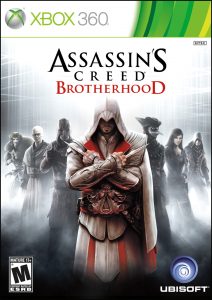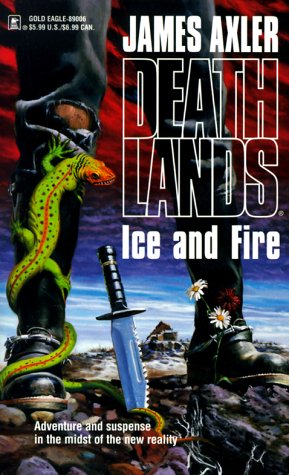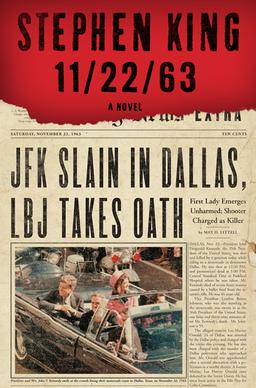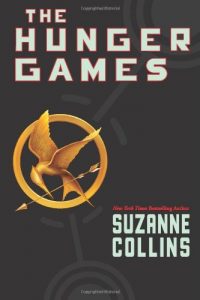I have not and almost certainly will not sample the multiplayer, but without further delay, here are the things that are good about the Duke Nukem game that only came out 12 years later, and in so doing has done more than anything to support the idea that we will in fact mostly all be dead in 11 months:
1) The graphics are really pretty okay. Sure, some of them add to the discomfort of c) below, but by and large, they are entirely modern. And since they had special bonuses of footage from previous versions when they thought they’d be releasing by 2000 at the latest, I can assure you that’s a relief.
2) There were occasional in-jokes at other shooters, not quite to the level of parody most of the time, but I still appreciated them. The moreso, I expect, because of how little I appreciated any of the other humor.
3) The gameplay is pretty much what you’d expect it to be, which, cool, that’s all I was looking for anyway. The days of FPS innovations are mostly over.
Here is what was wrong with Duke Nukem Forever:
a) Load times between levels are 60-90 seconds. Load times between levels at all is pretty egregious in this enlightened age of seamless travel, but that much delay? Horrible and a half. Plus also, it takes just as long to load to the spawn point after you die, which is twice as bad. I know that they know time passed since 1999, because I’ve seen the graphics updates. So, man, what the fuck?
b) You can only carry two weapons at a time. I guess, okay, that everyone does that now, or at least limits you in some way, but this game hearkens back to the “choose your weapon from 0-9” school of thought, and if they’re going to stay so “traditional” in other ways, why screw me here?
c) The misogyny. I thought I knew. I thought, okay, there will be some uncomfortable interactions with strippers that would get a real person kicked out of an actual strip club, and there will be more girls in alien cocoons asking to get killed and you kind of have to because if not aliens burst out of them and they die anyway, but now there are aliens to fight, and I didn’t love that in Duke Nukem 3D, but still, it was a callback to Aliens, and it was uncomfortable there, so, okay. The reality, though… so, there are still cocoon girls, but they aren’t world-weary and in pain, begging to be spared what is to come. They’re bemoaning how much jäger they had last night and how they feel funny as a result. Plus also, I think he kind of ruined the idea of getting a blowjob while playing video games for me. It never seemed so one-sidedly ooky in my head. Perhaps it’s because in my head there aren’t twins, and even if there are, I’d have the capacity to call them something other than “Babes”, especially when addressing them.
Stopping alien invasions at the Hoover Dam is fun, it is. But, I reckon probably not worth it, y’all.
 I wonder if there’s a new season of The Borgias starting on Sunday or so, or whether it instead got cancelled. I wonder this primarily because of my current familiarity with the characters and some of their life events, courtesy of my completing
I wonder if there’s a new season of The Borgias starting on Sunday or so, or whether it instead got cancelled. I wonder this primarily because of my current familiarity with the characters and some of their life events, courtesy of my completing  I’m reading too many of these, and they are too similar, for much in the way of in depth reviews. So I think if you are interested at all, you’ve got the premise settled in your head by now, and I can just go with sense impressions, unless something vital changes. So, here’s what’s going on in
I’m reading too many of these, and they are too similar, for much in the way of in depth reviews. So I think if you are interested at all, you’ve got the premise settled in your head by now, and I can just go with sense impressions, unless something vital changes. So, here’s what’s going on in  You know how I was recently talking about running out of Stephen King books? Well, now it’s actually happened. I’m sure he’s still writing something, but there are no more plans floating around in the world for when the next one will come out. I have read an entire canon.[1] This particular book is his take on the big time travel questions, like “What would happen if you went back in time and killed Hitler?” or “What if you killed your own grandfather before he met your grandmother?”[2] or, predictably in the specific case of
You know how I was recently talking about running out of Stephen King books? Well, now it’s actually happened. I’m sure he’s still writing something, but there are no more plans floating around in the world for when the next one will come out. I have read an entire canon.[1] This particular book is his take on the big time travel questions, like “What would happen if you went back in time and killed Hitler?” or “What if you killed your own grandfather before he met your grandmother?”[2] or, predictably in the specific case of  A forthcoming movie announcement led to a few people (my former roommate decidedly not among them) raving about
A forthcoming movie announcement led to a few people (my former roommate decidedly not among them) raving about